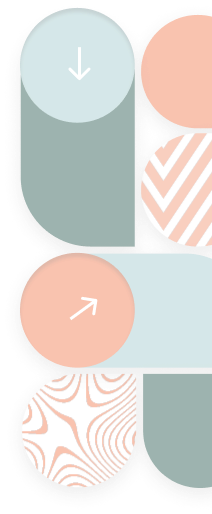In Nigeria, where infrastructure challenges, fluctuating consumer behavior, and economic volatility are everyday realities, proper validation helps entrepreneurs and investors reduce risk and build businesses that truly meet people’s needs. Nigerian consumers are an exacting, sometimes unpredictable market, but the businesses that succeed gain social status and trust, which is invaluable in building long-term business success. Therefore, it's important to make sure the underlying and fundamental business idea is a fit in that market. Validating your business idea is a non-negotiable step that could mean the difference between long-term success and premature failure.
Here’s how to validate your business idea in Nigeria before making key investment decisions.
1. Clarify the Problem You’re Solving
Start by defining the specific problem your idea aims to solve. Is it a pain point that exists across urban and rural markets? Does it affect a small niche or a wide demographic? Many Nigerian startups fail because the idea is a solution in search of a problem. A clearly defined problem statement, rooted in local reality, is the first filter.
2. Conduct Direct Market Research
You cannot succeed in any market by depending on assumptions or emotional conclusions. That's where concrete data comes in, and the only way to collect that consumer data is to engage with potential customers directly online and offline.
At P23 Africa, we use WhatsApp, Instagram polls, physical interviews, and community groups to gather data about customer behaviors and frustrations. Conducting in-depth market survey answers questions like: What are your target audience currently using to solve this problem? Are they satisfied with the alternatives? What features in particular do they miss?
Direct feedback will either validate or challenge your assumptions about your business idea, both of which are useful outcomes for strategic planning.
3. Research Existing Solutions and Identify the Gaps
Nigeria has a vibrant, rapidly growing marketplace. If your idea already exists in some form, that’s not a reason to quit entirely, but a reason to go deeper. Look at existing brands or businesses operating in your niche; What are they doing right? What are users complaining about? Identify the gaps in price, service, convenience, or quality and make this your entry point and your differentiator.
4. Build a No-Cost or Low-Cost Prototype
You don't need to build an app or rent an office to validate your idea in Nigeria. Create a Minimum Viable Product (MVP) using existing platforms by:
-
Testing product demand through pre-orders on Instagram or Twitter
-
Offering your service manually before automating it or building an app
-
Running a small pilot with 10–15 users via WhatsApp or email
The goal is to observe real customer behavior in a low-risk environment so you can make changes fast and adapt new features or changes to customer use.
5. Track Interest, Conversion, and Feedback
When you're validating your product for the Nigerian market, pay close attention to all the numbers, and include online engagement in this data. You should be able to pinpoint where, why and how people are signing up, whether they're referring others, what point they lose interest, and what they have to say about your service delivery and product. Track feedback meticulously across different channels and with direct questions, and use the information to tweak your idea.
6. Validate Willingness to Pay
Interest is not the same as conversion, especially in Africa where the income and wealth gap is so high. In particular, the Nigerian market can hype products that they might never afford or buy. Validation is only complete when people are willing to pay for your solution, even in a basic form. If your Nigerian consumers are willing to part with their money, then you’re on to something. If they hesitate to pay even though they confirm your product or service is good or useful, then you need to ask more questions or reconsider your offering or your target audience.
TL;DR
Validating your business idea in Nigeria is about aligning vision with social, economic and digital reality. The most successful businesses are the ones that keep their idea data-driven, strategise fast in response to real demand, and adapt to the changing market. Before you spend money building a business idea in Nigeria, or launching an app, or paying expensive influencers, you first need to listen, observe, test, and adapt.
